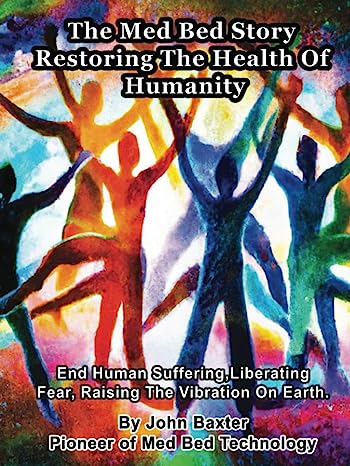Labor Day, celebrated on the first Monday of September, is more than just a long weekend marking the end of summer. It is a tribute to the contributions and achievements of American workers. As we explore what Labor Day is, this article delves into the importance of rest, recovery, and wellness in honoring the workforce that drives the nation.
What Is Labor Day?
Labor Day is a federal holiday in the United States dedicated to recognizing the social and economic achievements of American workers. It originated during the labor movement of the late 19th century, at a time when labor unions were advocating for better working conditions, fair wages, and reasonable hours. The holiday serves as a reminder of the sacrifices made by workers to secure the rights and protections that many enjoy today.
The History of Labor Day
The first Labor Day was celebrated on September 5, 1882, in New York City, organized by the Central Labor Union. The holiday gained momentum as more states recognized it, and in 1894, it became a national holiday. Labor Day was established as a day of rest and recognition for workers, symbolizing the value of their contributions to the country’s growth and prosperity.
The Importance of Rest and Recovery for Workers
Labor Day not only honors the hard work and dedication of American workers but also emphasizes the importance of rest and recovery. In today’s fast-paced world, many workers face demanding schedules, long hours, and high levels of stress, making it essential to prioritize wellness.
1. The Role of Rest in Productivity
- Preventing Burnout: Chronic overwork can lead to burnout, reducing productivity and negatively affecting mental and physical health. Taking time to rest and recharge is essential for maintaining high levels of performance.
- Improved Focus and Efficiency: Rest allows the brain to recover, improving focus, creativity, and decision-making abilities. Workers who prioritize rest are often more efficient and productive.
2. Recovery and Physical Wellness
- Healing and Rejuvenation: Physical labor and even sedentary office work can take a toll on the body. Recovery is vital for healing muscles, reducing stress, and preventing long-term health issues.
- Sleep as Recovery: Quality sleep is a cornerstone of recovery, allowing the body to repair tissues, strengthen the immune system, and support cognitive function. Ensuring workers get adequate rest is crucial for overall wellness.
Wellness in the Workplace
As we celebrate Labor Day, it's essential to recognize the growing importance of wellness in the workplace. Employers are increasingly acknowledging that a healthy, well-rested workforce is more productive, creative, and engaged.
1. Promoting Work-Life Balance
- Flexibility: Offering flexible work hours, remote work options, and generous vacation policies helps employees achieve a healthy work-life balance, reducing stress and enhancing well-being.
- Encouraging Breaks: Encouraging workers to take regular breaks throughout the day can help prevent burnout and maintain focus, leading to better long-term productivity.
2. Health and Wellness Programs
- Fitness and Nutrition: Implementing health and wellness programs that focus on fitness, nutrition, and mental health can improve employee well-being and reduce absenteeism. Initiatives such as gym memberships, healthy snacks, and mindfulness sessions can make a significant difference.
- Mental Health Support: Providing mental health resources, such as access to counselors or employee assistance programs, can help workers manage stress and improve their overall quality of life.
Honoring Workers Through Wellness
Labor Day reminds us to honor the contributions of workers by ensuring their well-being. Fostering a culture that values rest, recovery, and wellness is essential to sustaining a healthy workforce that can continue to drive the nation forward.
1. The Importance of Taking Time Off
- Paid Time Off (PTO): Encouraging workers to use their vacation days and take time off to recharge can lead to higher job satisfaction and lower turnover rates. Rested workers are more likely to return to their jobs with renewed energy and motivation.
- National Holidays: Observing national holidays like Labor Day is a collective acknowledgment of the importance of rest and the contributions of workers across all industries.
2. Celebrating Achievements
- Recognition and Appreciation: Celebrating worker achievements and providing recognition, whether through awards, bonuses, or public acknowledgment, fosters a positive work environment. Workers who feel valued are more likely to be engaged and motivated.
Conclusion: Rest, Recovery, and Wellness as the Pillars of Labor Day
Labor Day is a celebration of the hard work and dedication of American workers, but it is also a reminder of the importance of rest, recovery, and wellness. By prioritizing these elements, we can honor the workforce in a meaningful way, ensuring that workers are not only productive but also healthy and fulfilled. As we recognize the contributions of workers this Labor Day, let us also commit to supporting their well-being throughout the year.




